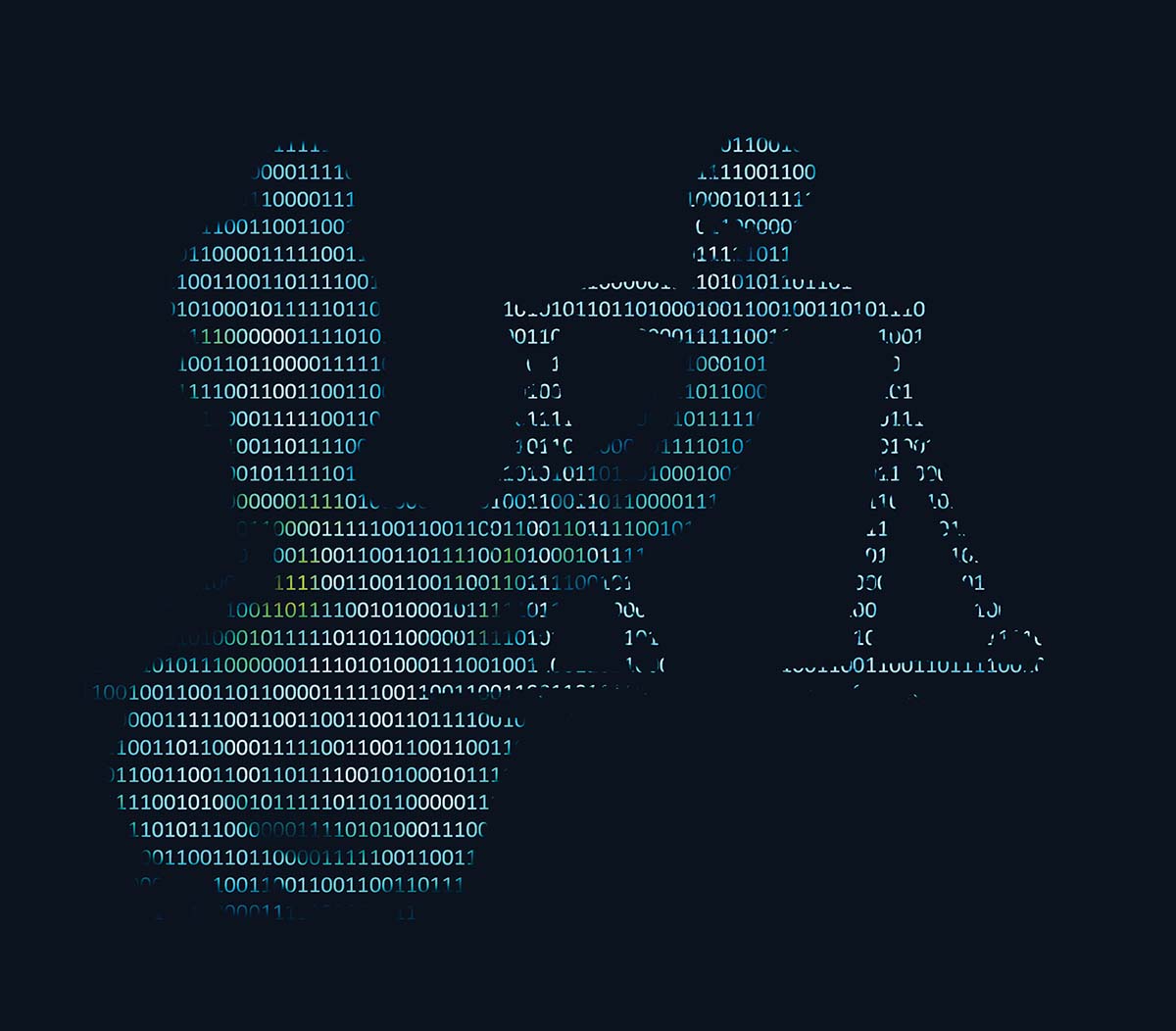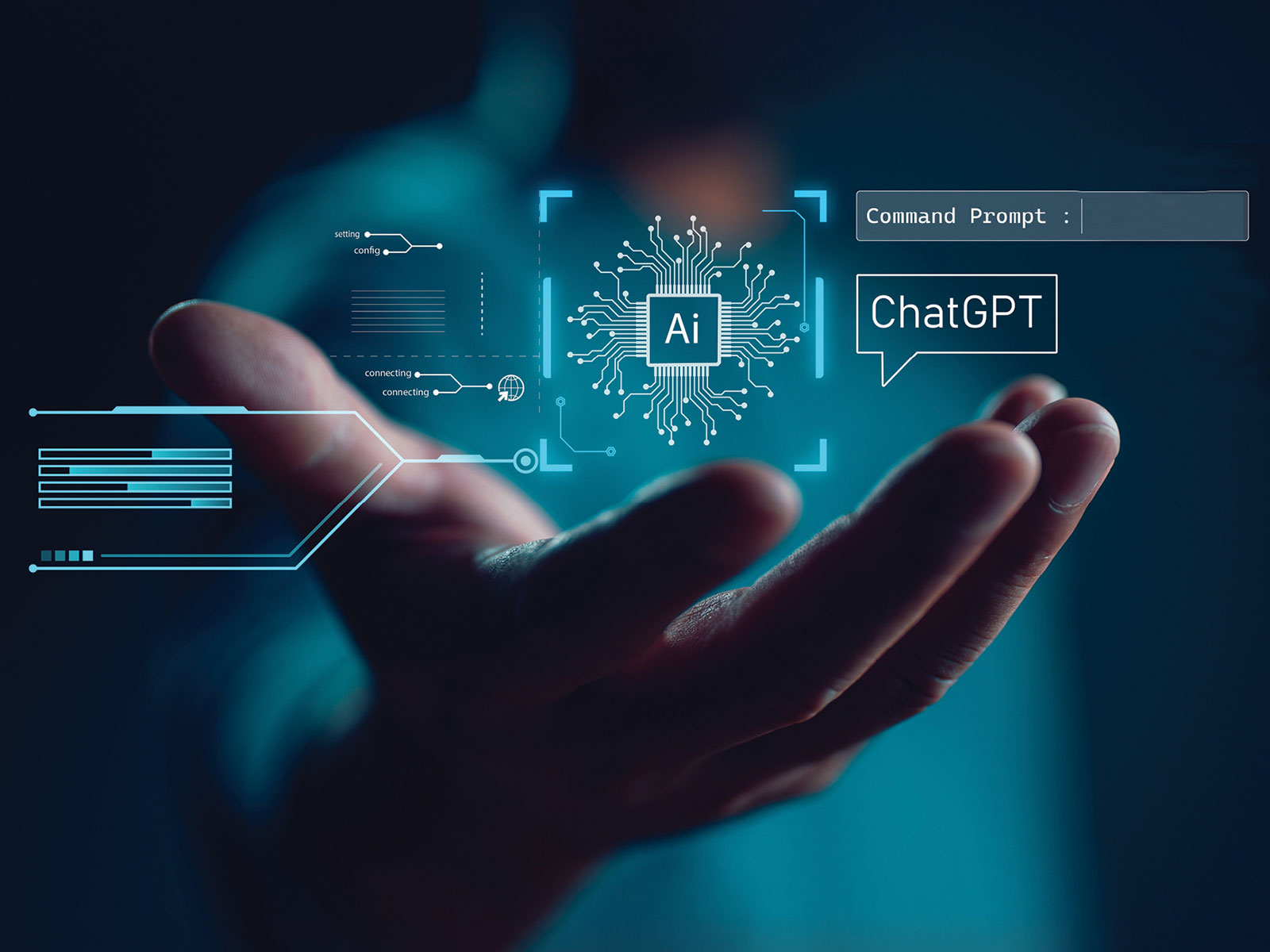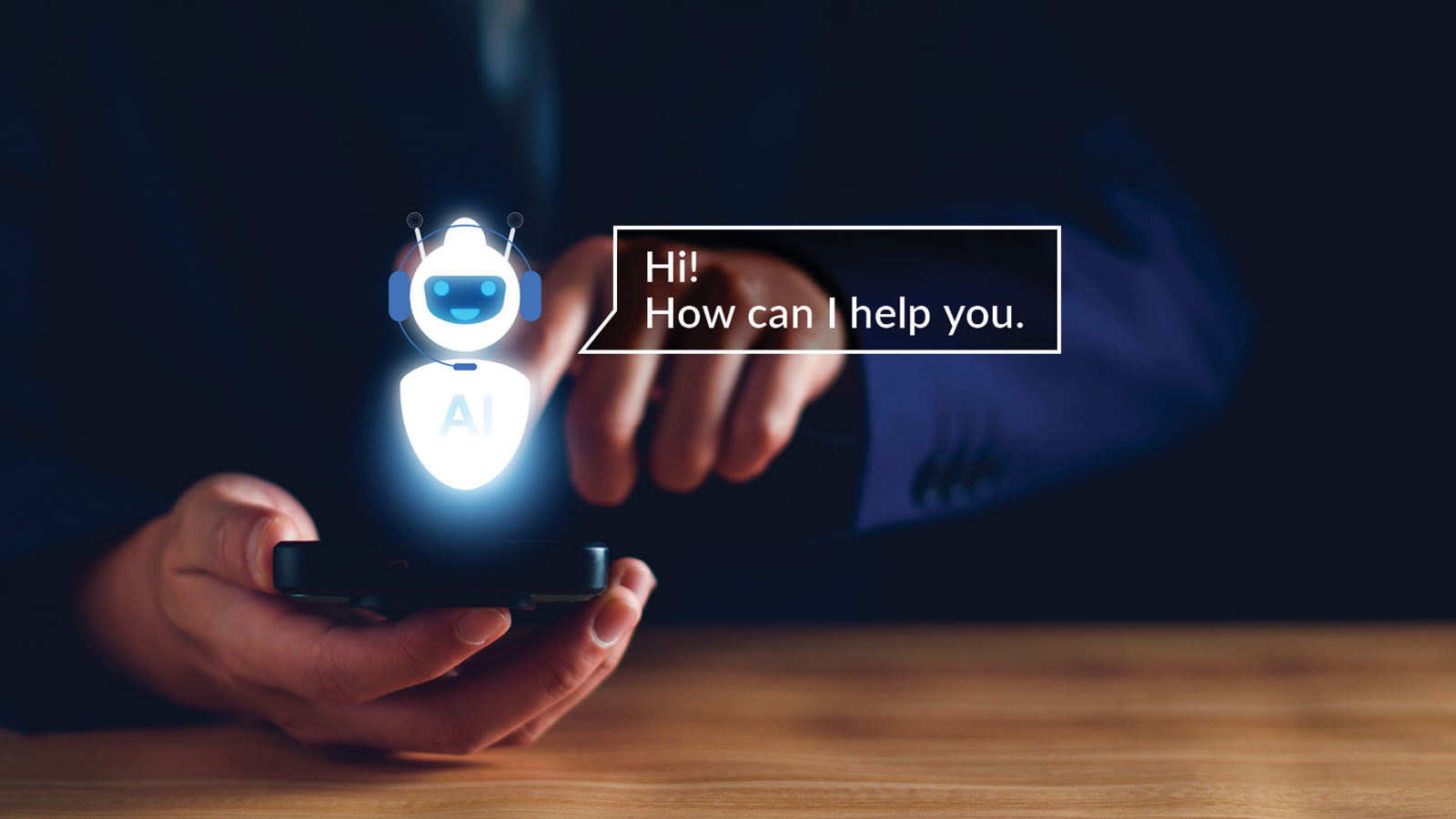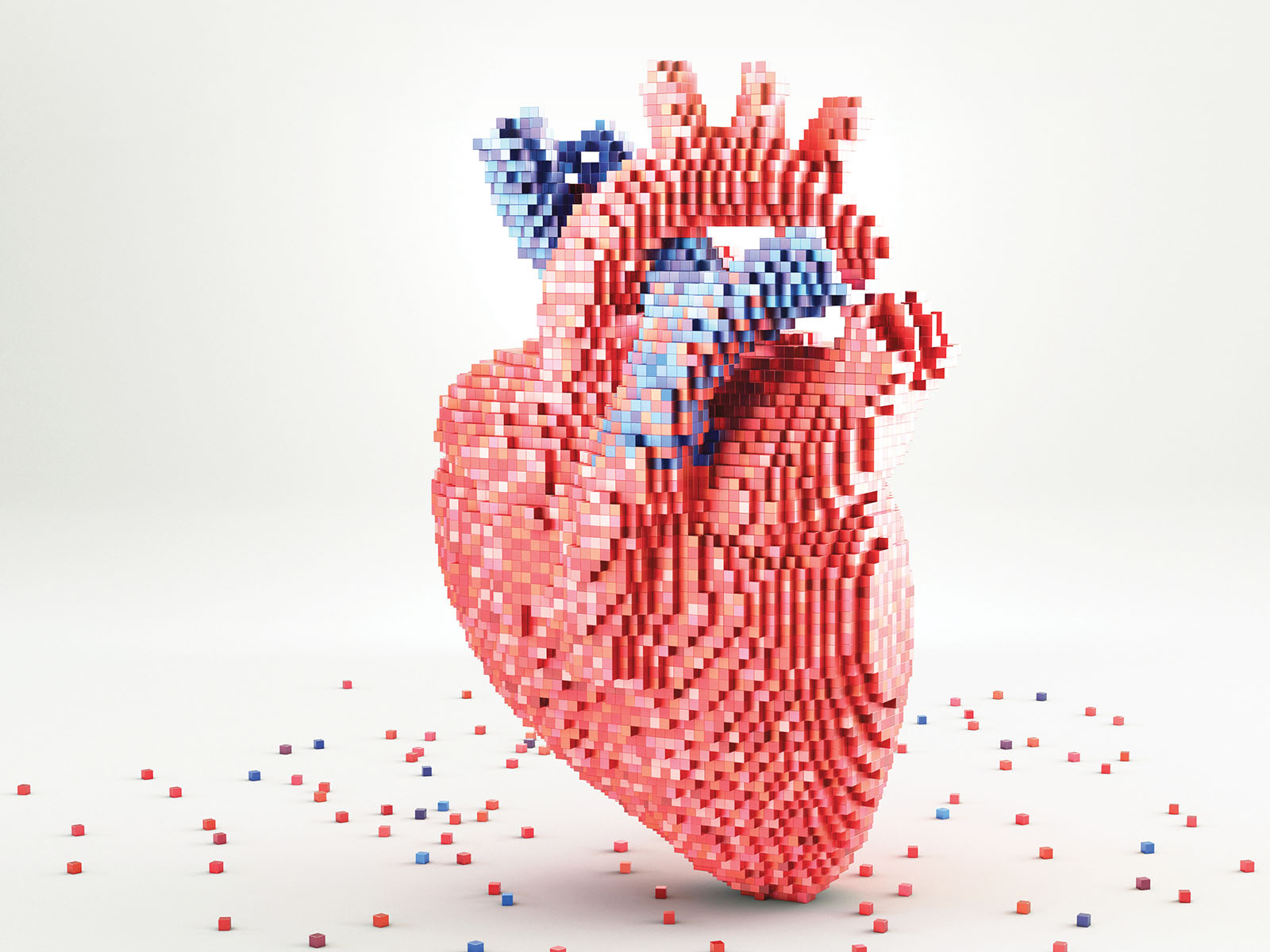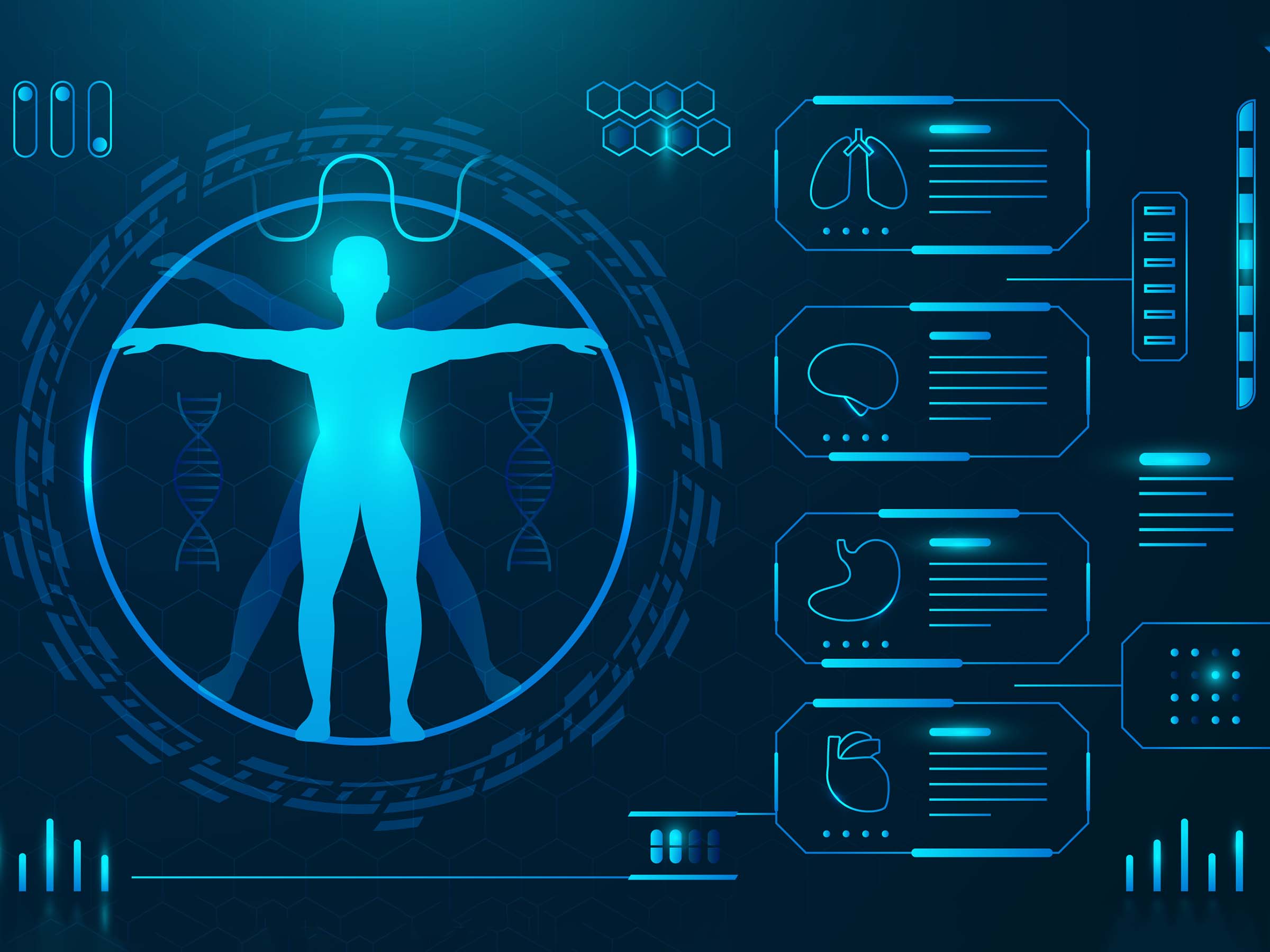To be human is to make your own ethical decisions
One ethical question that confronts regulators and industry is: should a driverless car swerve and sacrifice an innocent bystander (pedestrian or cyclist) to save a greater number of lives in the vehicle? I asked ChatGPT whether it is right to kill one to save five. Here is the answer:
“Whether or not it is right to kill one person to save five people is a complex ethical question. Some people may argue that taking one life to save five is the more logical option, and is therefore justified. However, it is also important to consider the ethical principle of respect for autonomy.
“This principle states that all individuals have an inherent right to make autonomous and informed decisions about their lives, including their own death. Taking this into consideration, it may not be morally right to force someone to accept the sacrifice of their life in order to save the lives of five other people. Ultimately, the answer to this question is subjective and depends on one’s own ethical and moral beliefs.”
But as driverless cars are rolled out, we won’t have the luxury of remaining on the fence, or relying on drivers’ reflexes to get us out of a decision. We will have to make moral choices and give reasons, and apply them consistently to programming the vehicles. This requires deep—and human—ethical thinking and expertise.
AI is a tool but it is not conscious and it lacks the capacity to make moral decisions.
To be human is to make your own ethical decisions. Stanislav Petrov took responsibility in perhaps the grandest way possible. But each of us must take responsibility when we are presented with information and advice: are there good reasons to accept it? What should I do? This doesn’t change just because a smart new piece of technology becomes available. The same applies to art. ChatGPT may be able to produce Shakespearean-like sonnets one day but it will be up to us to decide if they are good or bad.
The challenge presented by ChatGPT is not unique—it is a problem raised by the Internet, social media and modern life in general.
With power, comes responsibility. The decision to do nothing accrues responsibility when action is a possibility. We are responsible for the consequences if we choose to do nothing, or simply follow orders. Sometimes we must follow rules, authorities, law or orders: but we should always ask, are they right? AI, such as ChatGPT, can provide us with means to achieve our ends. But it should never dictate to us what our ends should be.
Only humans can make decisions about good and bad, right and wrong. The biggest threat of AI is that it results in dehumanisation as we blithely accept its output without taking a first-person stance and evaluating the justifiability of its output.
We must be active participants engaging with technology, not passive consumers.
This article was first published in The Straits Times.
